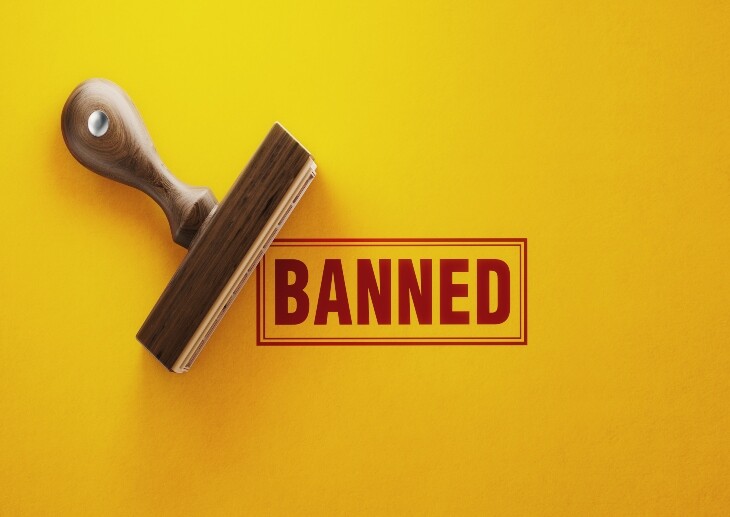Several integrated care boards (ICBs) have agreed to meet shortfalls in QOF for GP practices asked to focus on urgent demand.
Others are in discussion to agree financial support for practices who may face gaps in funding due to the pressures on GP services this winter.
Cambridgeshire and Peterborough; Norfolk and Waveney; Devon; Mid and South Essex; and Suffolk and North East Essex are among the ICBs that Pulse has learnt are offering to meet any losses from QOF because practices have had to focus on urgent demand.
Pulse has previously reported that ICBs were looking at special measures to help GP practices but were facing resistance from NHS England.
The BMA has urged ICBs to protect QOF and IIF income for the remainder of 2022/23.
Both West Yorkshire and Derbyshire have told Pulse they are finalising details on what financial support can be offered to ensure stability of practices who have been asked to prioritise urgent appointments.
An agreement in Cambridgeshire and Peterborough means practices will receive payment protection against any shortfall ‘subject to certain conditions’.
To be eligible for the payment practices must meet agreed thresholds on six priority areas to support the highest risk patients.
Dr Gary Howsam, chief clinical improvement officer for the ICB, said: ‘We recognise and thank our frontline general practice teams for continuing to work incredibly hard and flexibly to support a system wide effort to maintain services during this ongoing challenging period for health and care services.
‘We have offered payment protection against QOF in 2022/23 subject to certain conditions, to allow practices to prioritise and create additional capacity to focus on the urgent and on the day needs of our population.’
Documents from Norfolk and Waveney seen by Pulse state a Quality Support and Stability Payment is available should practices and PCNs not meet established QOF or IIF targets as a result of ‘using their clinical judgment to clinically prioritise their services’.
Practices wishing to claim payment are required to submit a ‘simple plan’ to the ICB explaining how they will prioritise care and actively target those at highest risk as well as recover services in 2023/24.
In Mid and South Essex, there are also plans to make up the difference in QOF payments to support practices in providing urgent and episodic care with practices asked to explain how they are directing resources and risk stratifying patients.
Devon was one of the first ICBs to agree a quality payment after it announced it would suspend QOF locally before its plans were blocked by NHS England. But the LMC has confirmed that there have not been any criteria set for practices to qualify.
Derby and Derbyshire ICB told Pulse that while QOF remains in place they are working with GPs to ‘ensure they are not unfairly penalised by the QOF process’ for committing resources to meet urgent care pressures.
‘It is important that practices are paid fairly for the care they deliver, and that they are empowered to make decisions about how best to meet current demand,’ a spokesperson said.
‘The details of a system for doing this are being finalised in discussions involving GP leaders, and we believe it will be an equitable solution for practices as they continue to deliver the best possible care in such challenging circumstances.’
West Yorkshire ICB said it had been liaising with NHS England on what arrangements could be put in place to ‘ensure that our general practices are resilient’.
‘Following discussions at the West Yorkshire System Leadership Team meeting in January 2023, we have identified £1.4m to enable our local places to discuss with LMCs how best to support practices,’ a spokesperson said.
Dr Richard Vautrey, assistant medical secretary of Leeds LMC, said the money was an additional resource for practices that would offset some QOF or other funding shortfalls practices might face but it would be up to individual places and LMCs to agree how it would be used.
‘The intention is to provide this additional resource to practices as quickly as possible to support practices during this really acute period.’
Dorset ICB said it was ‘suspending reporting requirements of locally commissioned services for the remainder of the year’ and providing financial support for any shortfall.
Humber and North Yorkshire, South Yorkshire and Bassetlaw, Greater Manchester, Hereford and Worcestershire and Cheshire and Merseyside all told Pulse there were no plans to introduce QOF protection payments.
Dr Katie Bramall-Stainer, chief executive of Cambridgeshire LMC, said they had worked collaboratively with the ICB the QOF payment protection.
‘We are grateful for the pragmatic steps taken to focus on local prioritisation back in the Autumn,’ she said.
‘This was a prescient decision, as Cambs LMC’s GPAS has been overall Red since December – and these exceptional pressures continue.
‘We look forward to reaching clarity on funding processes, especially around vaccination and immunisation indicators,’ she added.
Dr Brian Balmer, chief executive of Essex LMC, said: ‘We have two deals with ICBs which aim to protect QOF and IIF income where practices have been forced to re-deploy staff to deal with the current surge in acute and urgent demand.’
The deal with Mid and South Essex allows any disagreement around payments to be resolved with LMC involvement, he added.
Pulse understands more deals may be in place but almost 30 ICBs did not respond to a request for information on how they were supporting practices or PCNs who may miss QOF or IIF targets.
This story first appeared on our sister title, Pulse.






